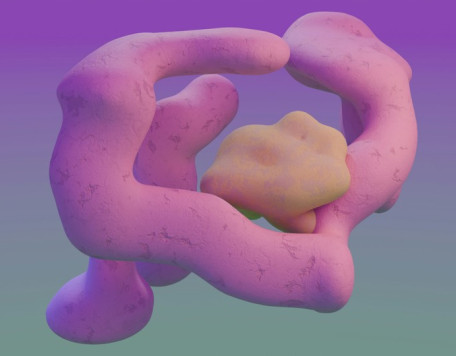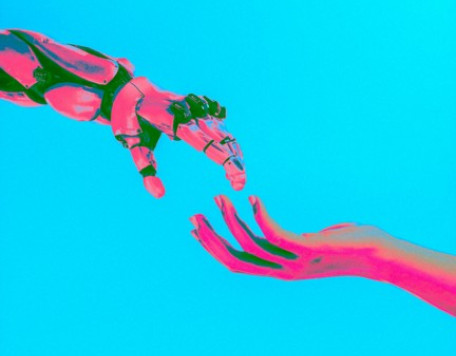© Pint of Science, 2025. All rights reserved.
From cutting-edge diagnostics to breakthrough treatments, cancer research is transforming lives. Join us as experts unveil how scientists are detecting cancer earlier, developing innovative therapies, and reshaping the future of treatment. Engage in thought-provoking talks and interactive discussions over a pint!
Taking the Piss: What we can learn from your urine (and other bodily fluids)!
Dr Victoria Goss
(Head of the Early Diagnosis and Translational Research Group )
Liz Allaway
(Public Engagement Officer)
Diagnosing cancer in its earliest stages means treatment is more likely to be successful. But not all cancers are easy to spot! Some have very few early symptoms, meaning they are often diagnosed at a late stage when options for treatment are limited. But there’s an awful lot our bodies may be able to tell us if we look in the right places. And sometimes those places are the basic functions of life – urine, poo, blood (even tears and breath!) – the not so glamorous and a little bit gross stuff we all make all the time! At the Southampton Clinical Trials Unit, our Early Diagnosis team is working with researchers to find new, innovative ways to look for clues in these everyday bodily fluids that could tell us if cancer is in the early stages of development. We’ll also talk about how patients and the general public are a secret weapon in how we design and carry out our research, making sure clinical trials give us the best outcomes for participants and future patients.
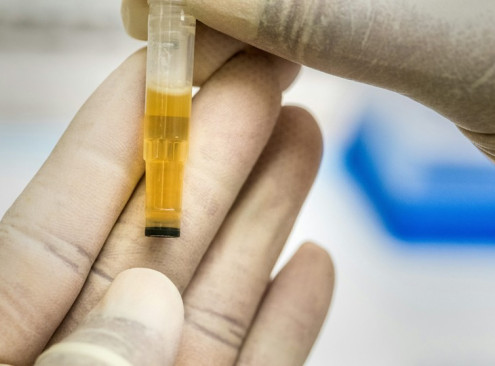
© Photo by CDC on Unsplash
Helping the immune system help us: Understanding chemo-immunotherapy
Nubia Castillo Mosquera
(PhD student)
Neuroblastoma is one of the most common and aggressive cancers in children. Despite intense treatments that include chemotherapy, radiation, and surgery, children with high-risk neuroblastoma often face poor chances of survival. A type of treatment called immunotherapy, which uses special antibodies (anti-GD2) to help the immune system fight cancer, has been shown to improve survival when given after chemotherapy. More recently, researchers have found that combining these antibodies with chemotherapy—known as chemo-immunotherapy—can help patients whose cancer has returned or is not responding to treatment. Scientists are now studying whether this approach could also be beneficial as an initial treatment. While we know that anti-GD2 antibodies work by helping immune cells attack cancer cells, we don’t fully understand how chemo-immunotherapy works. My PhD aims to investigate how combining anti-GD2 antibodies with three common chemotherapy drugs affects neuroblastoma cells. To do this, we have tested chemotherapy on neuroblastoma cells grown in the laboratory, both in traditional flat cultures and in 3D structures called spheroids, which better mimic how tumours grow in the body. We have looked at how the drugs affected the cancer cells’ survival, changes in their surface markers (which might make them more visible to the immune system), and how well they boosted the immune system’s ability to attack the cancer. Early results suggest that combining anti-GD2 antibodies with low doses of chemotherapy can effectively kill cancer cells. The next step in this research is to examine how this combination affects cancer cell proliferation and migration, which could help explain exactly how chemo-immunotherapy works. Understanding these effects could lead to better treatments for children with neuroblastoma.
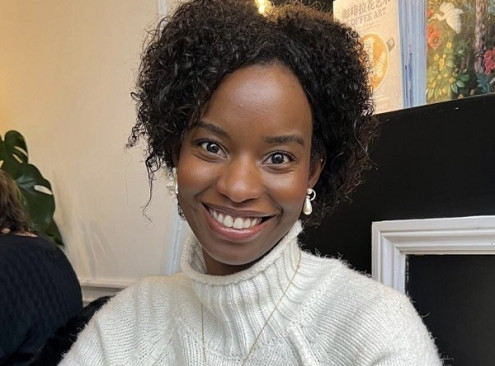
Understanding Tumour Ecology: why three dimensions are better than two.
Dr Russell Foxall
(Research Fellow at the University of Southampton)
Tumours consist of a mix of cancer and non-cancer cells, interacting with each other and the surrounding tissue (stroma). This generates a highly specialised tumour microenvironment (TME), which plays a key role throughout the lifespan of the tumour, modulating its behaviour and therapeutic response. This complex ecosystem is difficult to study in the laboratory using standard 2D tissue culture techniques. The development of novel 3D models that better mimic the TME will contribute to a greater understanding of it and potentially allow for the design of more efficient therapeutic approaches.
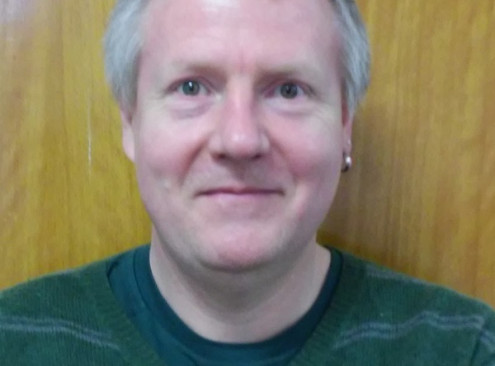
Map data © OpenStreetMap contributors.
Other Mettricks Guildhall events
2025-05-21
Gut Feeling: The Microbes in Charge
Mettricks Guildhall
1 Guildhall Place/157 Park Walk, Southampton, SO14 7DU, United Kingdom
2025-05-20
The Doctor’s Digital Assistant: AI in Future Medicine
Mettricks Guildhall
1 Guildhall Place/157 Park Walk, Southampton, SO14 7DU, United Kingdom


